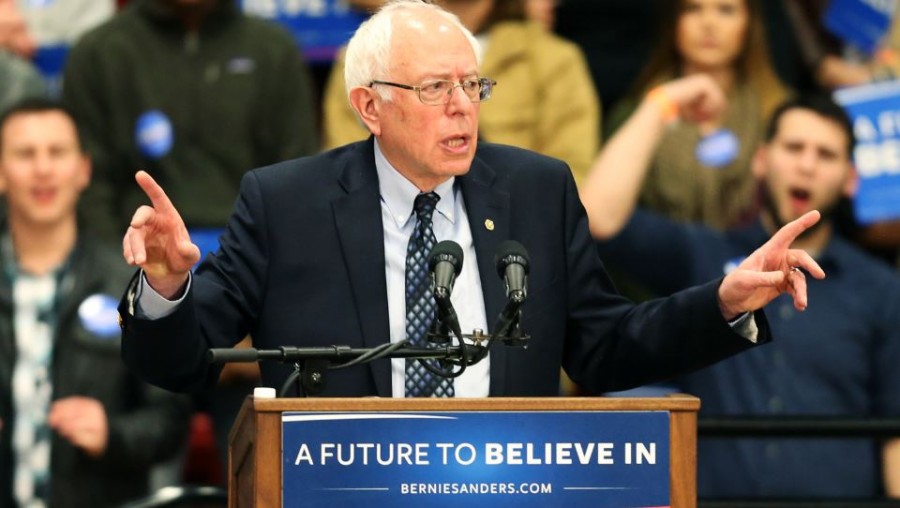Democratic candidate Bernie Sanders upset front-runner Hillary Clinton in Michigan’s primary election on March 5 by earning 7 more delegates. Polling in Michigan gave Clinton an 11 point lead in the weeks prior to the primary, however Sanders was able to capture 49.8% of the vote, 1.5% more than Clinton.
Sanders winning these additional 7 narrows the margin of delegates needed to gain a party nomination. By the time of the Democratic Party Convention, candidates need to win at least 2,383 delegates to gain their party’s endorsement. Delegates are awarded in primary contests, the number of delegates up for grabs is proportional to the state’s population– making Michigan’s 167 delegates highly contested.
19% of Michigan’s voting power belongs to voters between the ages of 18-29, 85% of whom voted for Sanders, only 15% for Clinton. The high amounts of political participation from this demographic drastically changed the results of the Michigan contest, giving Sanders the lead.
Clinton, however was very successful among the older demographics, gaining 57% of the vote from those aged 45-64, who make up 35% of the vote in Michigan.
Despite her popularity with more politically active voters, the millennial vote for Sanders gave him the victory.
Illinois’ primary contest will take place on March 15, with 182 democrat delegates available to win. Polling done leading up to the Illinois contest has given Clinton a 32 point lead over Sanders, but Michigan’s primary showed that another upset is possible.
There are over one million millennials in Illinois that have the capability to cast a vote in the Primary on Tuesday, giving the demographic immense power to influence the democratic candidate nomination. Illinois, as a state, has voted traditionally democrat in the past six presidential elections.
Unregistered voters who will be 18 by November 7 can still cast a grace period vote at either their city hall until election day or their precinct on March 15. Additional information on grace period voting can be found here.
With the Democratic National Convention barely four months away, highly populous states like Illinois have an opportunity to influence the party nomination. Millennial voters in particular have the ability to make a huge impact on the 2016 election and the future of the nation, just with a vote.

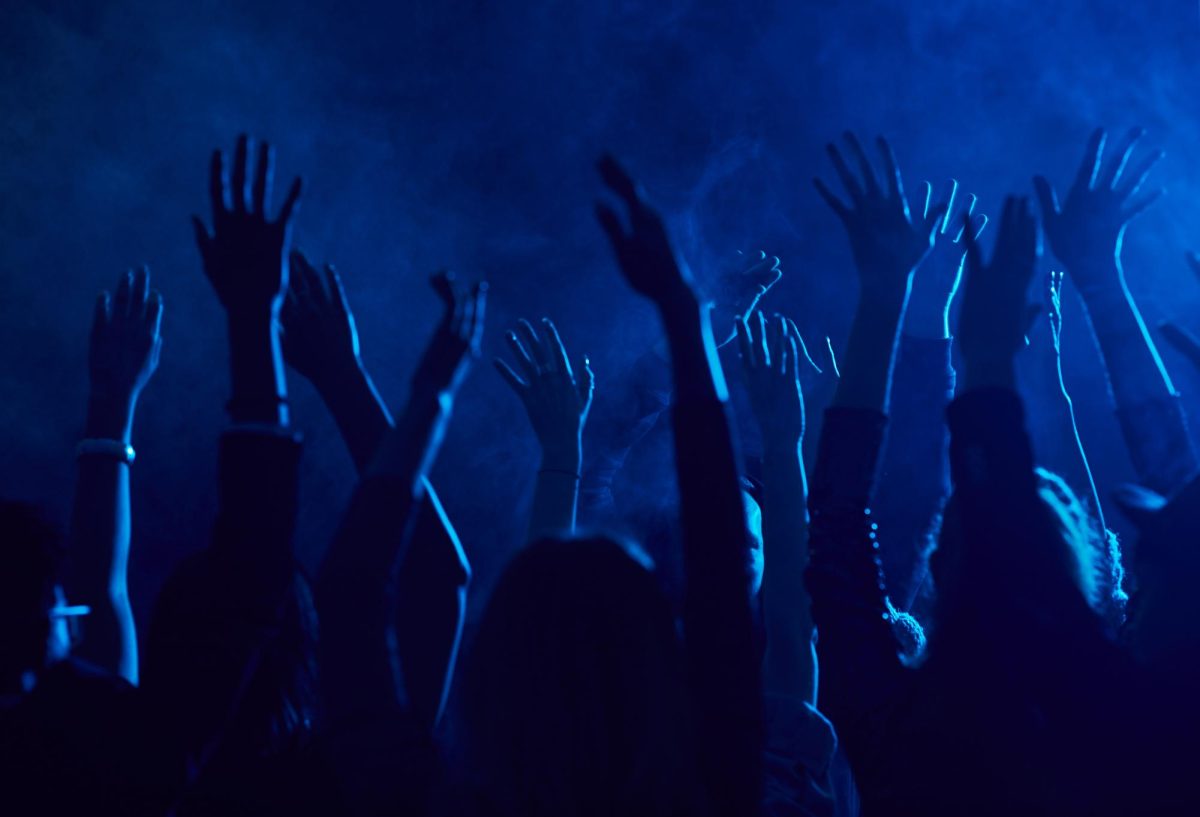
![Community honors longtime coach Mr. Bryan Thomas before Oct. 3 game [photo gallery]](https://nchsinkspot.com/wp-content/uploads/2025/10/Thomas-6-1200x1200.jpg)

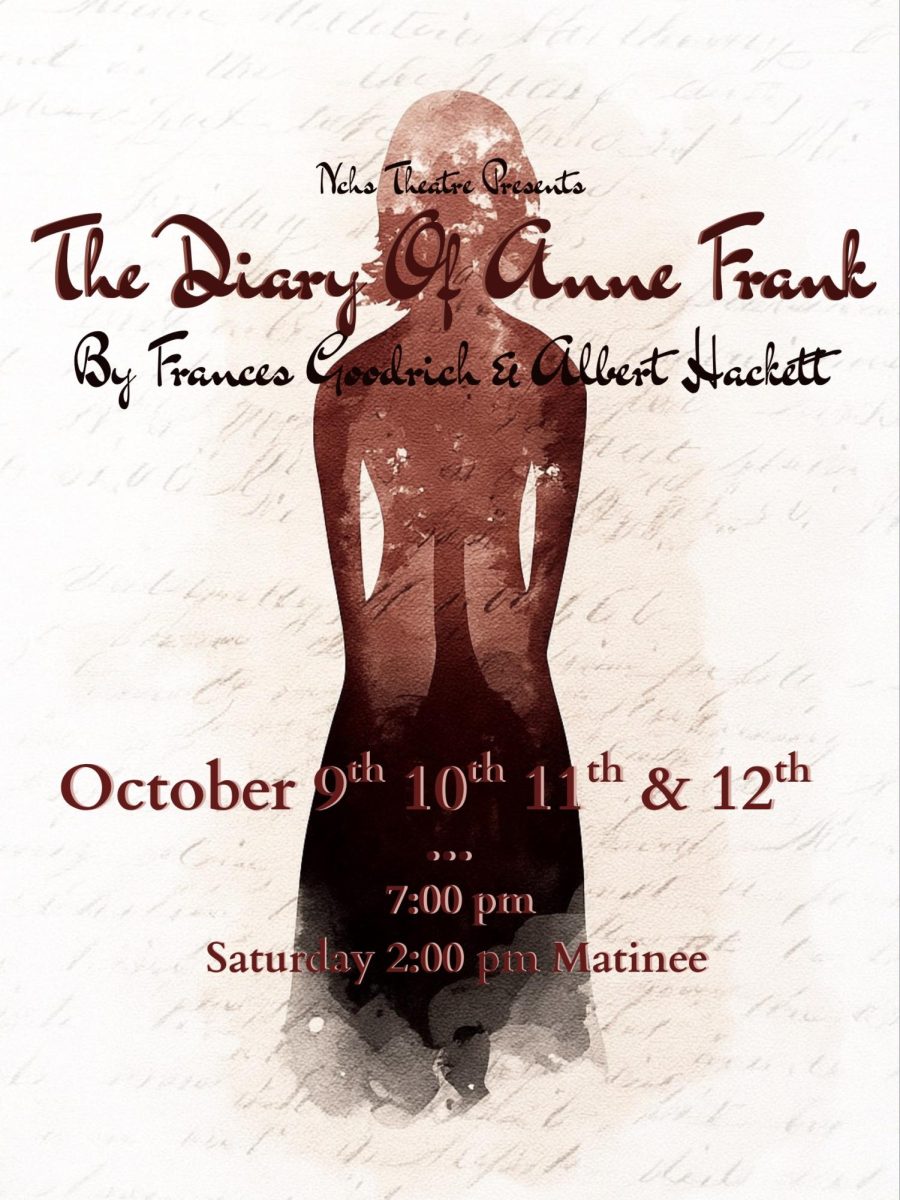
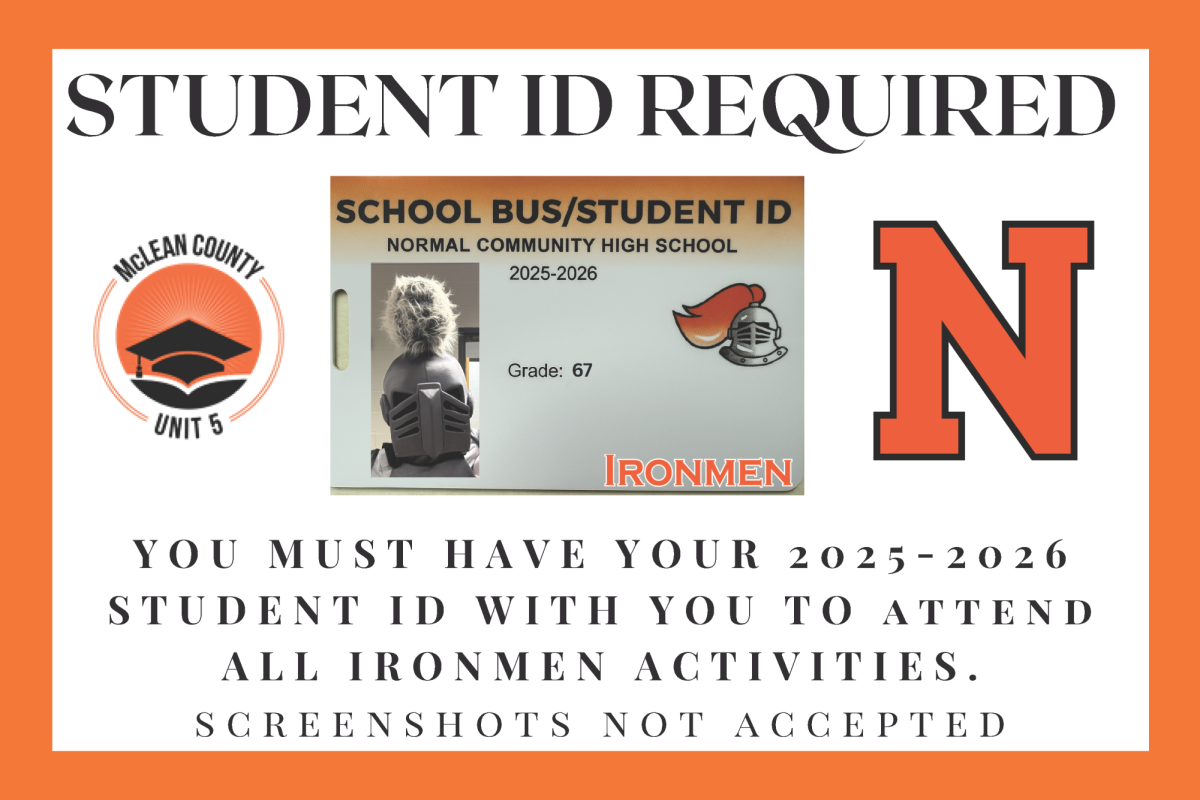




















![Week 9: Coach Drengwitz on Week 8’s win, previewing Peoria High [video]](https://nchsinkspot.com/wp-content/uploads/2025/10/W9_PeoriaThumb.png)
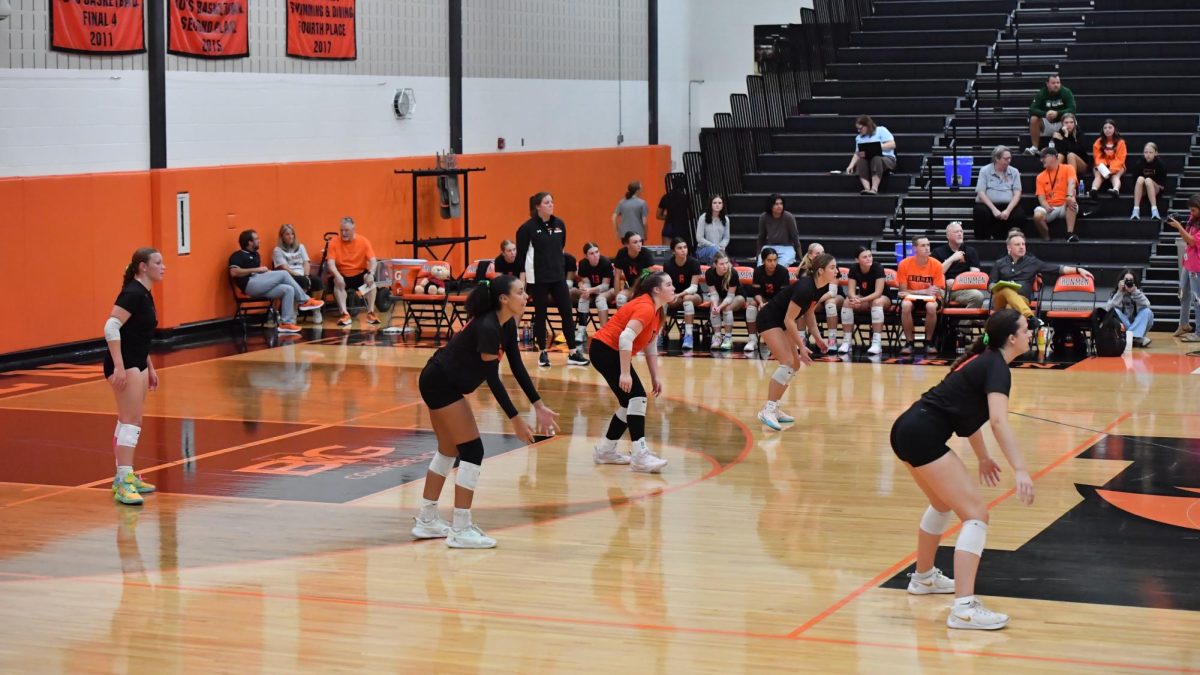
![Postgame: Drengwitz on Community’s 56-6 win over Champaign Centennial; staying unbeaten in Big 12 [video]](https://nchsinkspot.com/wp-content/uploads/2025/10/10.17_FBwChampCent56-6_POST_thumb.png)
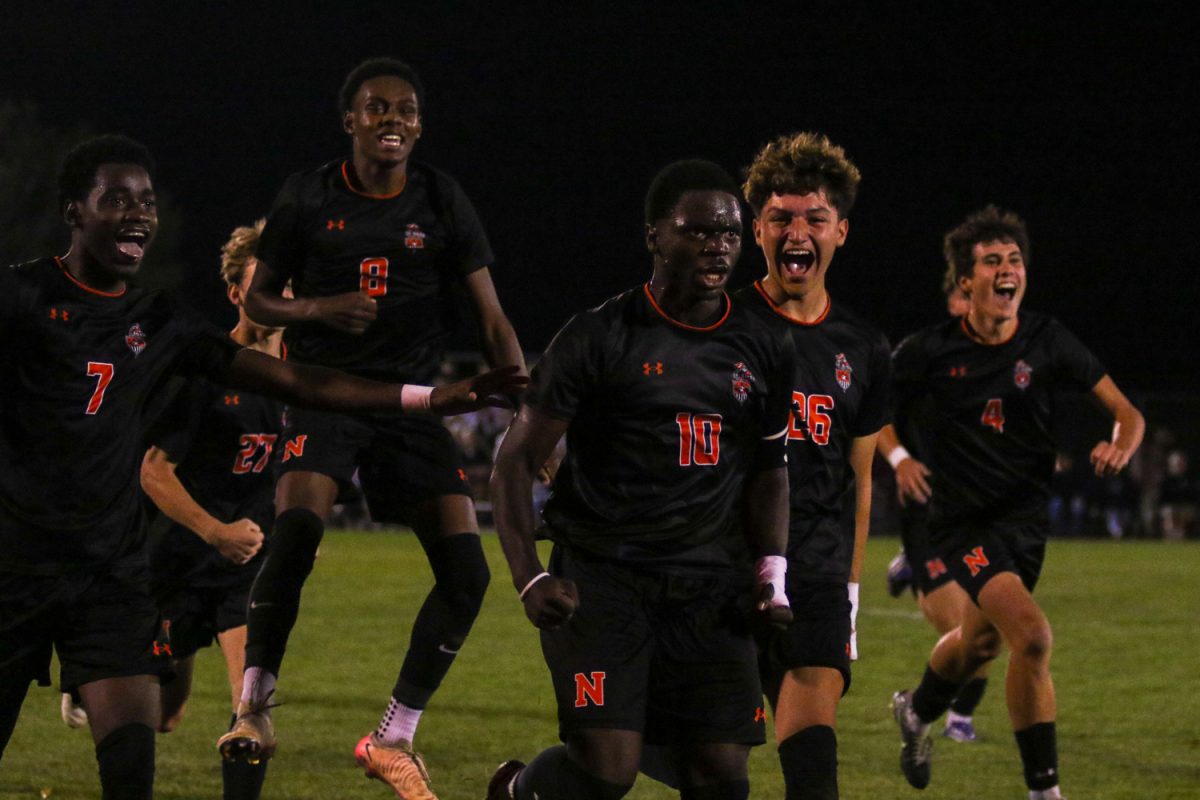
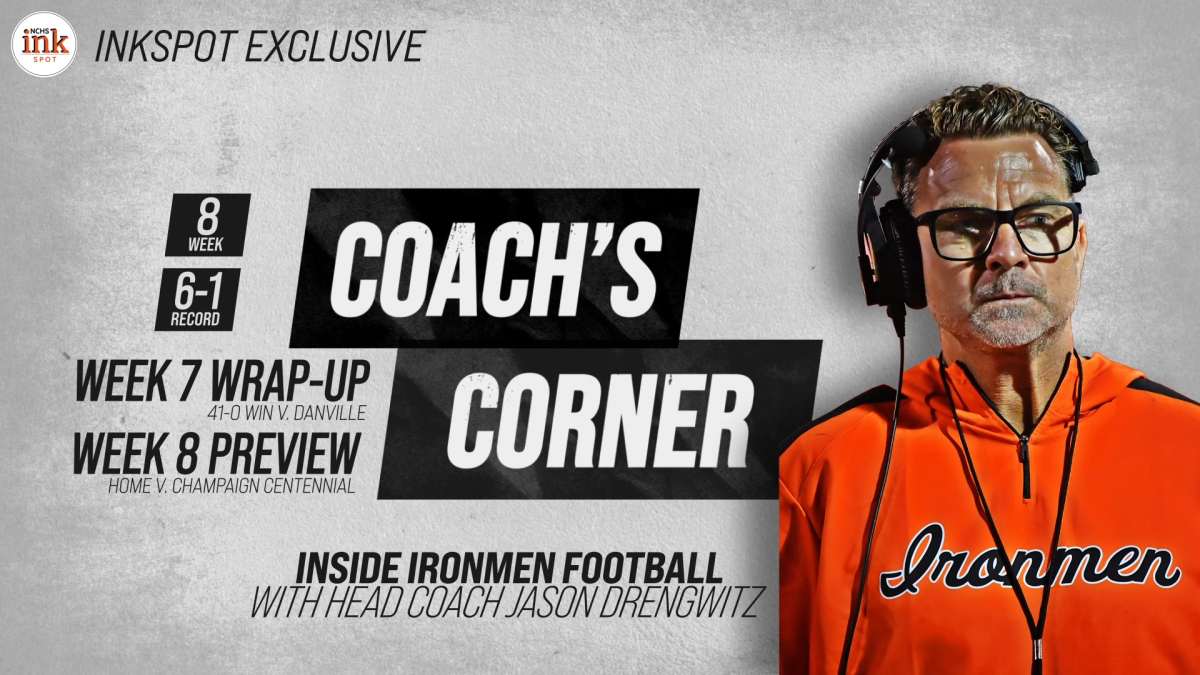





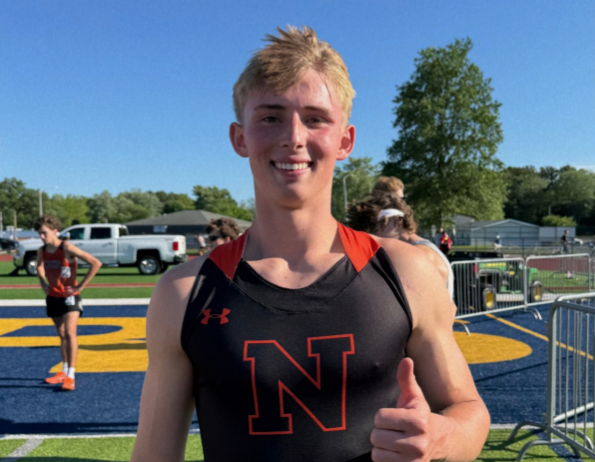
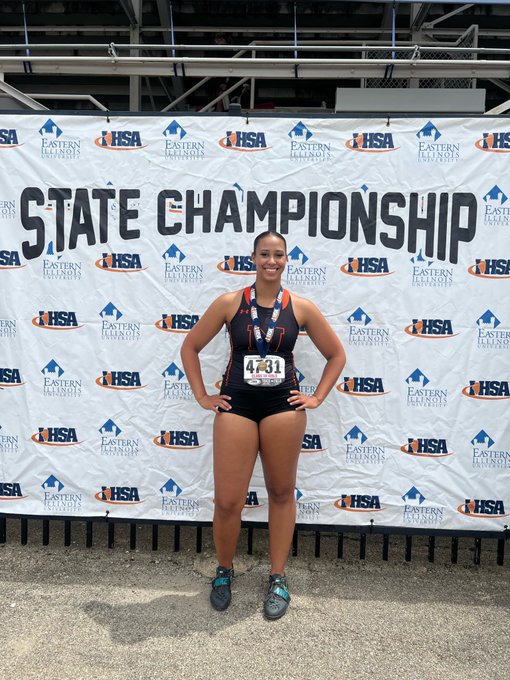
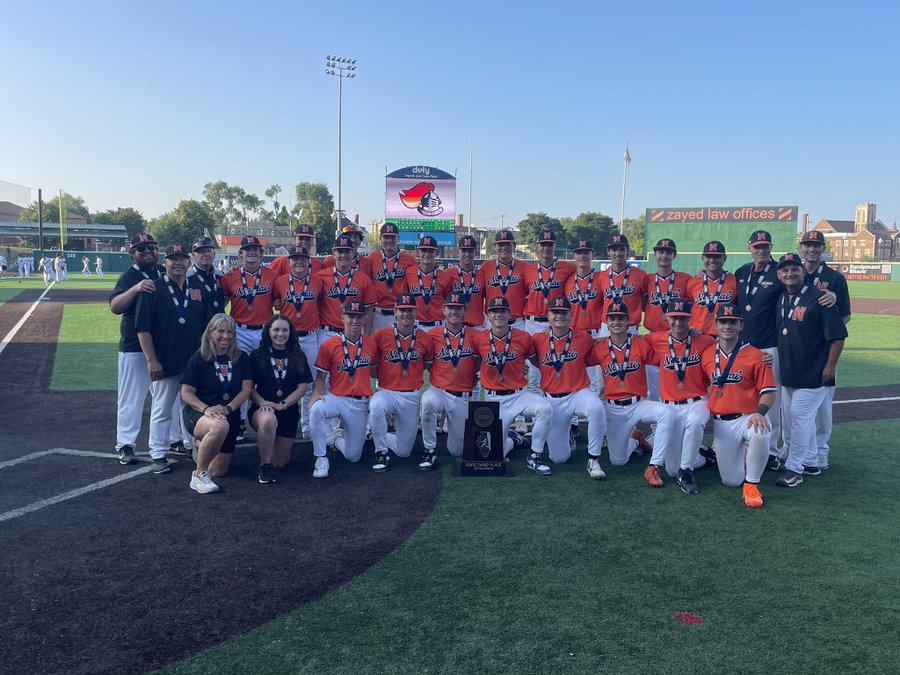








![Halloween candy cross section quiz [quiz]](https://nchsinkspot.com/wp-content/uploads/2022/10/Candy-cover-big-900x675.png)
![Average Jonah? [quiz]](https://nchsinkspot.com/wp-content/uploads/2022/05/average-jonah-900x600.png)







![[Photo Illustration]](https://nchsinkspot.com/wp-content/uploads/2025/09/trigger-words-1.png)















![Week 7: Coach Drengwitz recaps the Ironmen’s win over Bloomington, talks Danville [video]](https://nchsinkspot.com/wp-content/uploads/2025/10/Vikings-feature-Image-1200x675.png)
![Week 5: Coach Drengwitz previews the Ironmen’s matchup vs. Peoria Manual, recaps Week 4 [video]](https://nchsinkspot.com/wp-content/uploads/2025/09/Week-5-v-Rams-1200x675.png)
![On the Spot: This or That – Halloween [video]](https://nchsinkspot.com/wp-content/uploads/2024/10/tot-Halloween-YT-1200x675.png)
![On the Spot: This or That – Fall favorites [video]](https://nchsinkspot.com/wp-content/uploads/2024/10/ots-fall-web-1200x800.png)
![On the Spot – Teachers tested on 2023’s hottest words [video]](https://nchsinkspot.com/wp-content/uploads/2024/01/On-the-Spot-Teachers-tested-1200x675.png)








